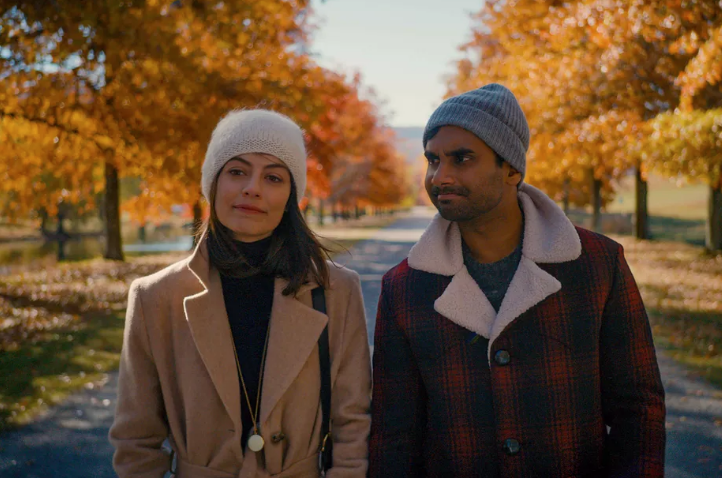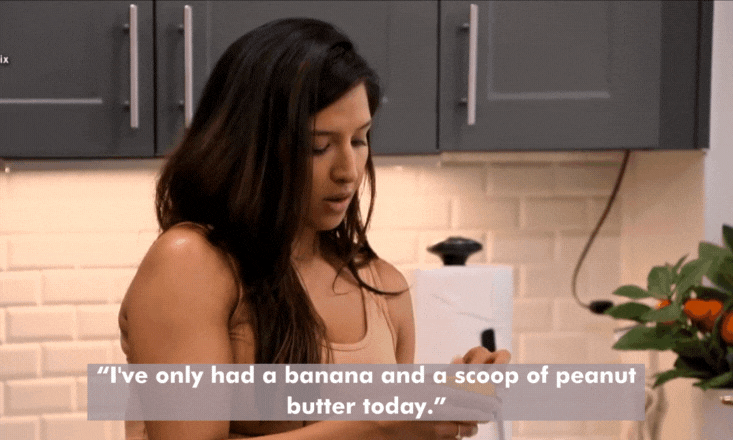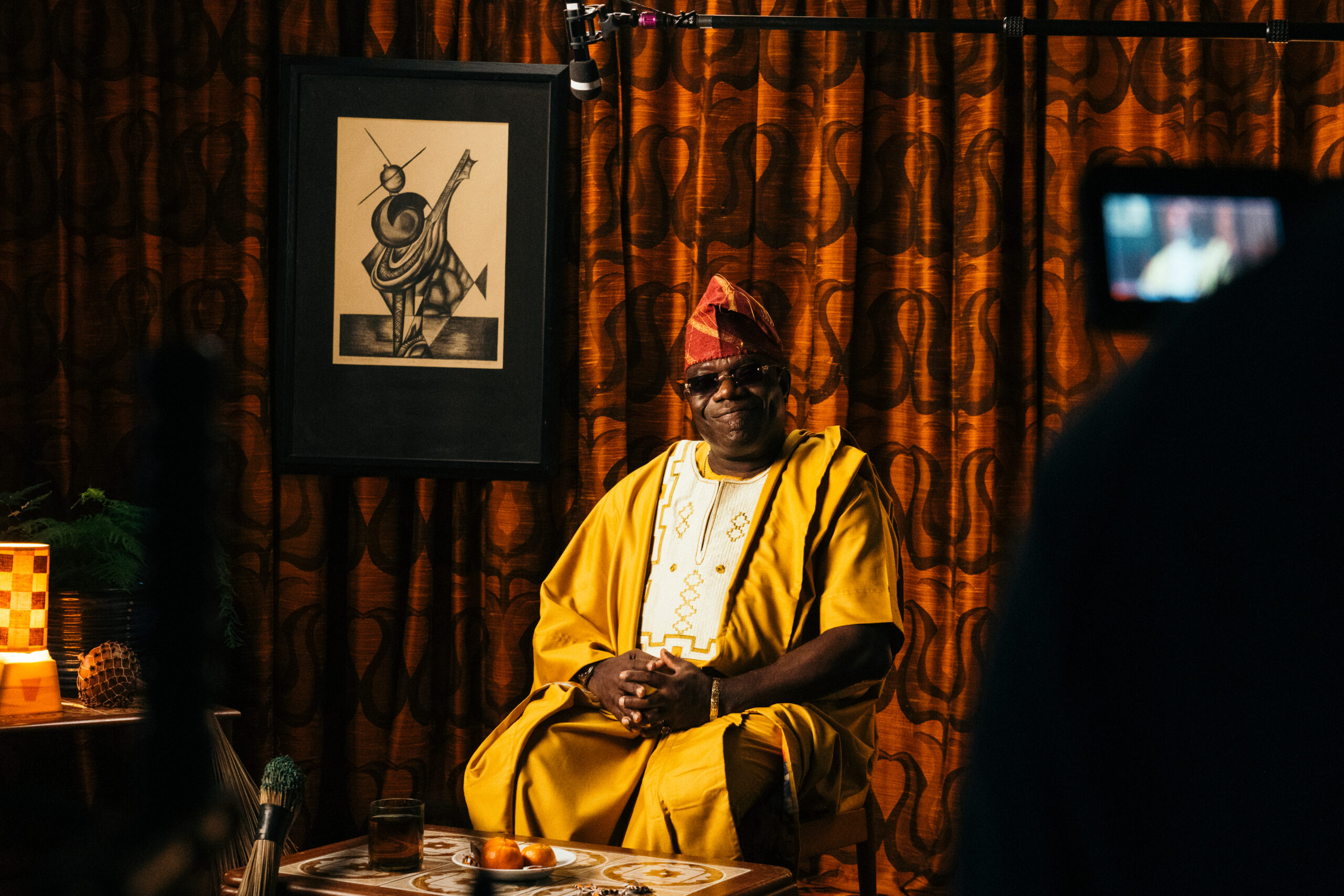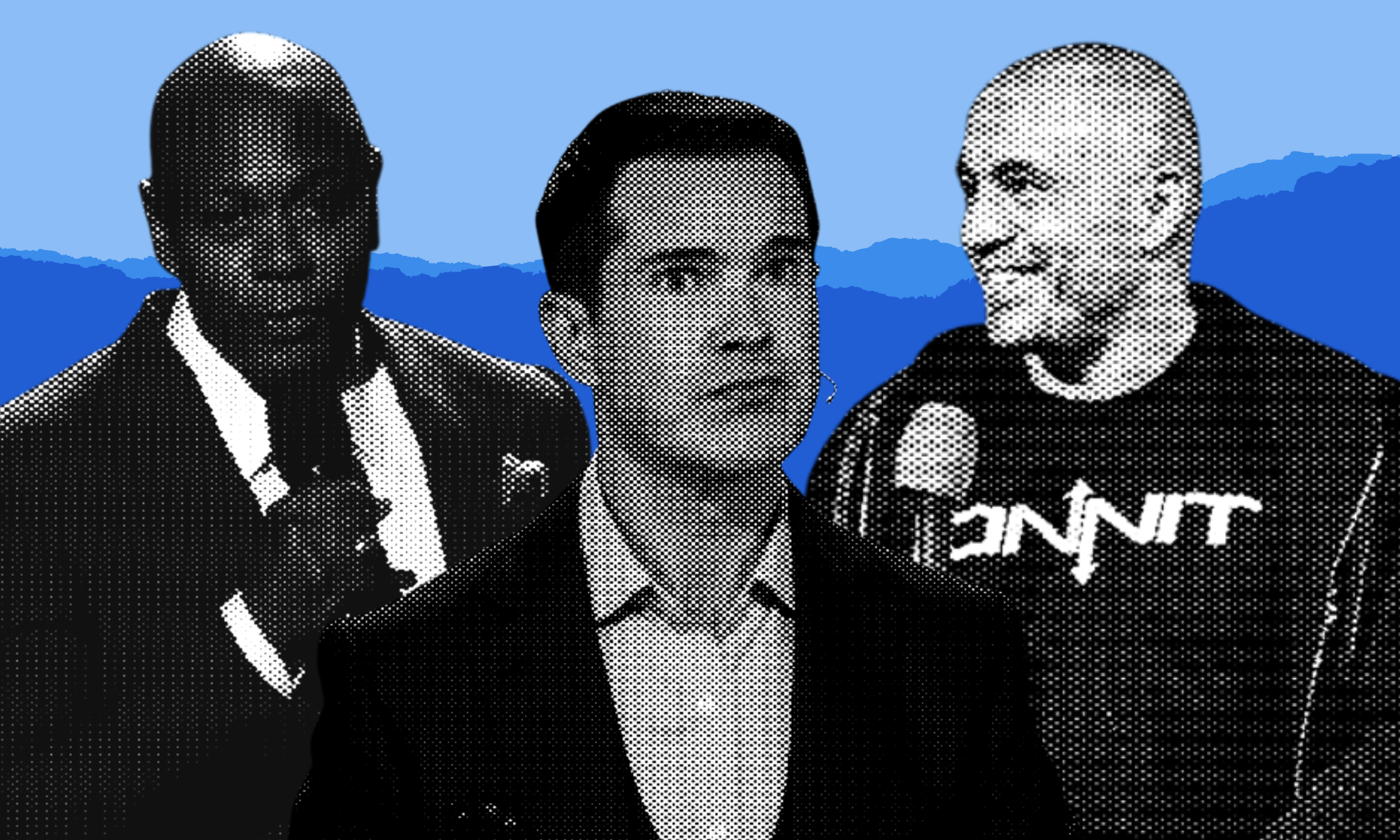
It’s been a busy time in television. What with the Emmy nominations, the final series of Game Of Thrones starting, and the announcement that the new Doctor in Doctor Who will be played by a woman, it can seem hard to keep up. Every day this week, we’ll be catching you up on what you may have missed in television so far this year. This is gal-dem’s television re-cap.
There’s nothing more discomforting than finding that your opinions on an important piece of pop culture are very different from the zeitgeist. Considering that 2017 started with the shocking revelation that people actually think that La La Land was a) a good film and b) better than Moonlight should have been warning enough. But still, I wasn’t expecting to get to the end of season two of Aziz Ansari’s Master of None and find that my views on it were a little different from the glowing reactions from many of my peers on social media.
Just like its first, the second season of the dramedy has been universally acclaimed. Ansari, playing the perennial man-child Tom Haverford for years on Parks and Recreation, has finally come of age with this show. It’s smart, sensitive, and very very funny, just like the characters that inhabit it. So it’s a little disappointing to find that in this season, both Ansari the creator and Dev the character, have reverted somewhat back to a kind of man-child. Maybe not as emotionally stunted and irritating as some of TV’s finest man-children, (another Parks and Rec character, Andy Dwyer being a perfect example here) but there’s a regression nonetheless.
The regression that bothered me the most about the season was Ansari’s own. More often, Master of None is at its absolute best when it’s a show about family and friends, food, and technology. There don’t have to be wall-to-wall jokes. Sometimes we can sit and watch live unfold, lives that look like ours, and lives that don’t, and find something beautiful in that. Season two’s best episodes are radical not just in their form, but in their decision to completely side-line Ansari. In Thanksgiving, he’s the goofy best friend ready to provide one-liners to make best friend Denise smile. He steps back to let Lena Waithe tell her own story. Ansari and Waithe fill half an hour with rich and detailed character details that help us feel as though we’ve known these characters forever. Do these episodes suffer when Ansari is offscreen? Not at all. It merely illustrates to us that he’s just as good off the screen as he is on it, particularly when he has co-writers like Alan Yang and Waithe alongside him.
The area that Ansari’s weaker at? Like so many of us, it’s the art of romance. To critique Ansari’s romantic storylines is difficult, because in a way I see exactly what he’s doing. He’s a guy who’s seen many films and TV shows, mainstream and independent, where the handsome white guy gets the girl. Over, and over, and over again. The whitewashed romance that we see over and over again in pop-culture is aspirational, not just in life but as a creative. It’s easy to wonder, “why can’t I have some of that for myself?”. As showrunner, Ansari tries to answer this question. Whilst the beautiful character studies, and the genuinely very funny set pieces such as Dev’s trials and tribulations as the host of Cupcake Wars are going on, there’s another storyline bubbling beneath the surface of Master of None: Dev and Francesca’s love story.
Francesca is everything you’d expect a romantic heroine to be. She’s beautiful, tall, thin, Italian, and crucially, she’s white. And he’s Aziz Ansari. What starts as a good-natured friendship blossoms into something more during a dinner party at Dev’s boss Chef Jeff’s house. It involves an impromptu John Legend performance. Except there’s a problem (because in a romantic drama, there’s always a problem), she’s in a relationship. And then she’s engaged. And Dev is more and more in love with her.
Ansari and Yang paint Dev’s pining for Francesca as best they can. While he’s certainly improved a great deal since his Parks and Rec days, Ansari still hasn’t got his dramatic chops yet, and spends most of his scenes pining over Francesca resembling that meme of the blinking white guy. You know the one. Despite the scene in the season’s final episode where the pair dance to Mina while Francesca translates the words for Dev taking my breath away a little thanks to its sophistication, I couldn’t shake the feeling that something was wrong. Because while I enjoyed watching new episodes of Master of None, when it came to Dev and Francesca I just… didn’t really care. In the same way that I watched, enjoyed, but never really fawned over Dev’s relationship with Rachel in the first season, I just couldn’t quite get behind this relationship.
Now, this could have something to do with the fact that I’d previously been telling everyone I know with great conviction that “Dev’s going to have a black bae this season”. In fact, I tell a lie, because it’s entirely to do with that. Because a part of me is annoyed and disappointed that, especially after setting up the season so well with an episode in which Dev has a meet-cute with a Black British woman called Sara, he would end up with another white woman. The words “Manic Pixie Dream Girl” threatened to enter my tweets many times as I watched the season’s final episodes, but I resisted because the article is mightier than the tweet. Francesca is more complex than the standard MPDG, but only just.
What bothers me about their relationship is that there’s really nothing new to it. On a show that seems to be all about breaking boundaries and trying something new, this storyline does anything but that. I can’t pretend that I wouldn’t be a bit more accepting of the storyline had it played out with a woman of colour, because hey, lets face it, an interracial relationship consisting of two people of colour in television (Shonda Rhimes projects aside) is still revelatory. But writing a Linklater-esque fantasy romance and placing yourself at the heart of it isn’t that new. Not really.
Before I started the season, I read Rob Sheffield’s review, which claims that Ansari plays Dev as “a guy who’s not quite as nice as he thinks he is”. Pop culture that reveals the dark side of the nice guy is something that I’m very much into, and Dev very much does reveal a not so nice side this season. The problem is, I’m concerned that this isn’t how Ansari wants him to be seen. As @ejdickson points out on Twitter: “also are we supposed to think it’s cute that he sends the same dumb opening line to every girl on Tinder? Bc it’s the opposite of cute IRL. No spoilers but in the latter half of the season his behavior is so loathsome that the character verges on totally unlikable”. Dev acts with sensitivity and compassion when his friends have problems, but when it comes to his romantic situations, he seems to do the opposite. Towards the latter end of the season, and in an early episode in which we follow Dev on a string of Tinder dates, Dev was beginning to remind me of the crowning “nice guy” of the 2000s sitcom, How I Met Your Mother’s Ted Moseby, something that I can only hope and pray Ansari did not do on purpose.
So it looks like once again I’m out on the sidelines when it comes to pop culture hot takes. Because while I loved Master of None, it only gave us glimpses of its full potential and the full talent of its writers this season. I still have a great deal of hope for the show’s future. I refuse to believe a show that only features Brian, one of its absolute best characters, in two episodes is its peak. But, just like its main character, it needs to grow out of its regressed adolescence and bloom into adulthood.









